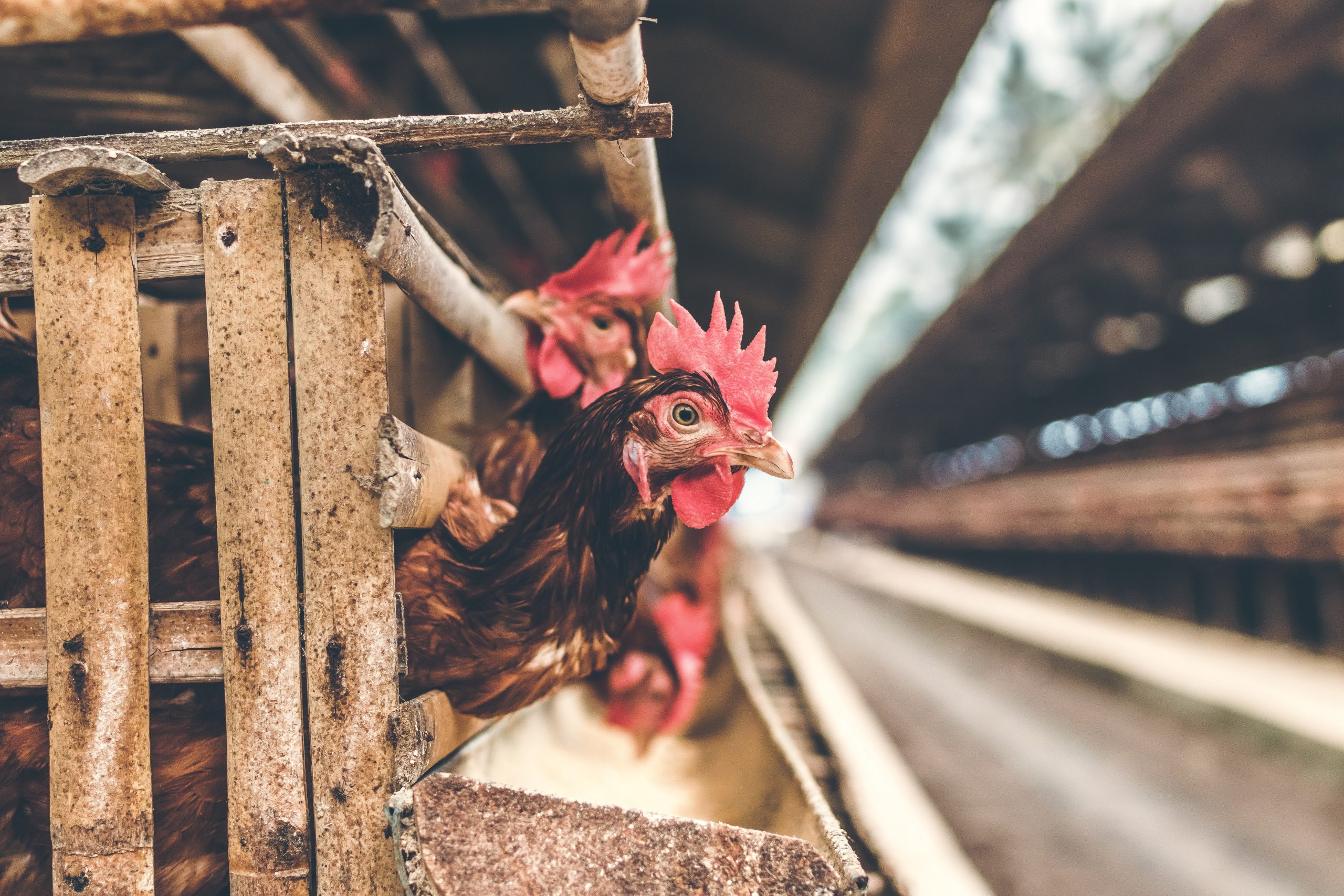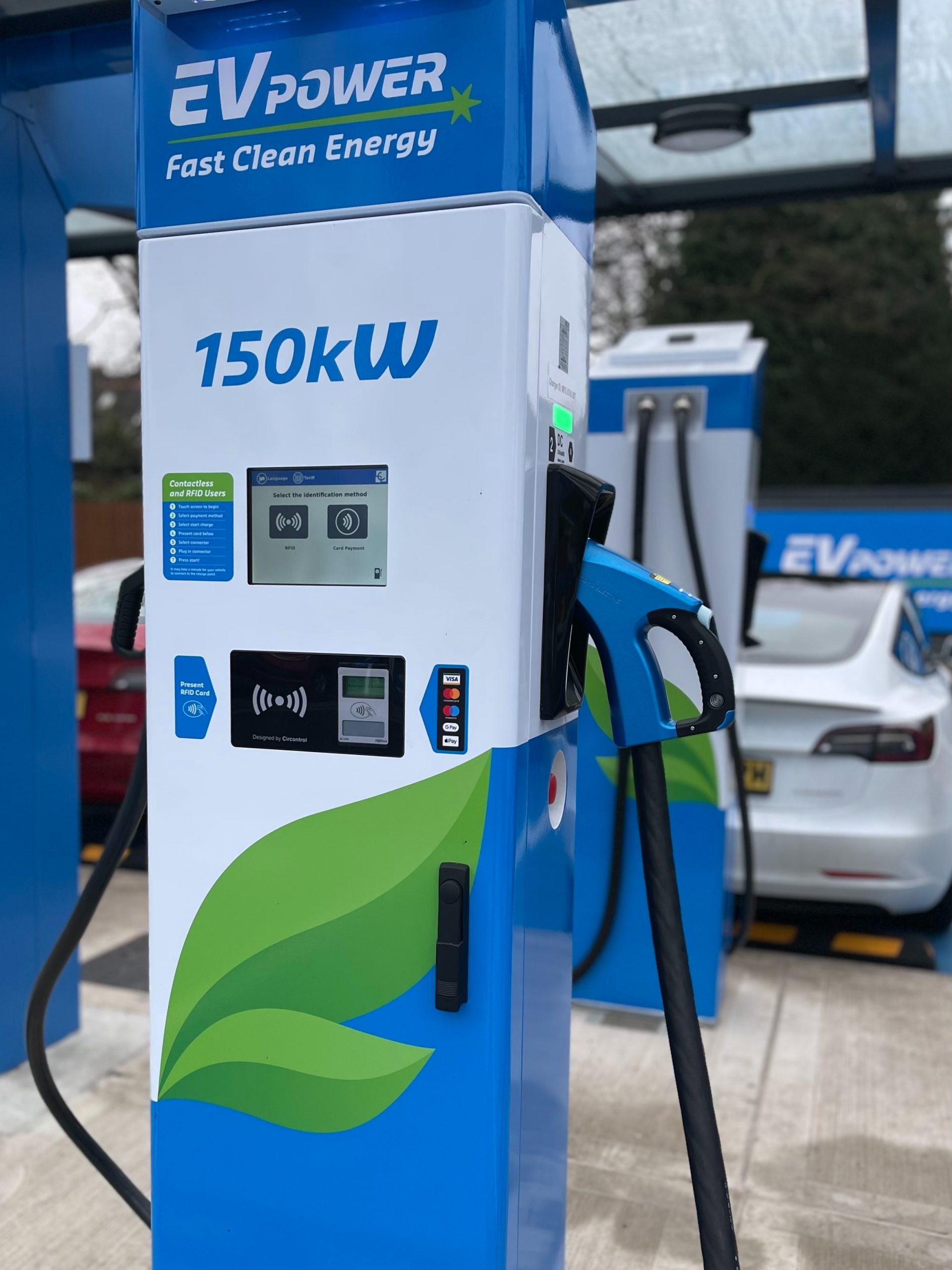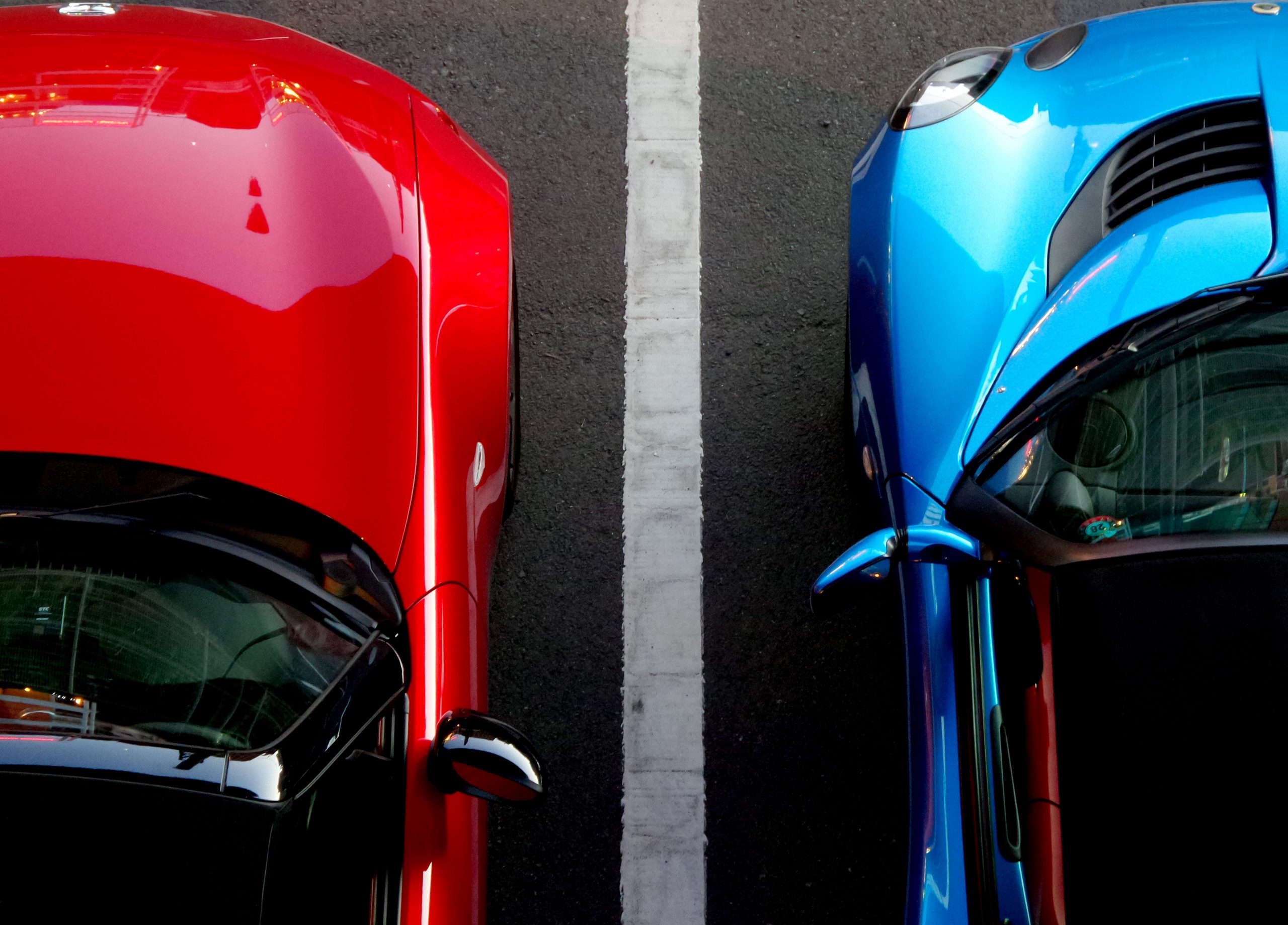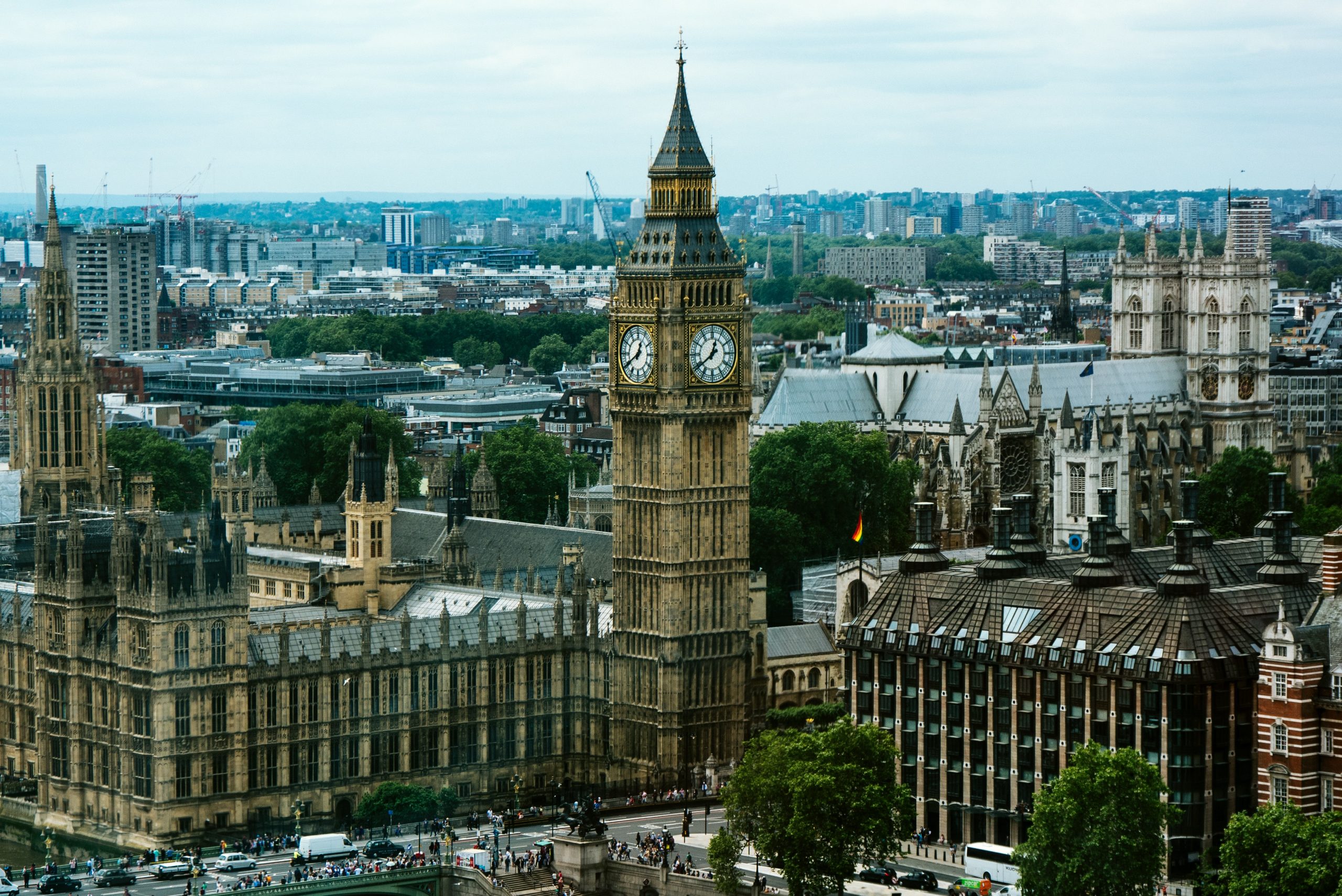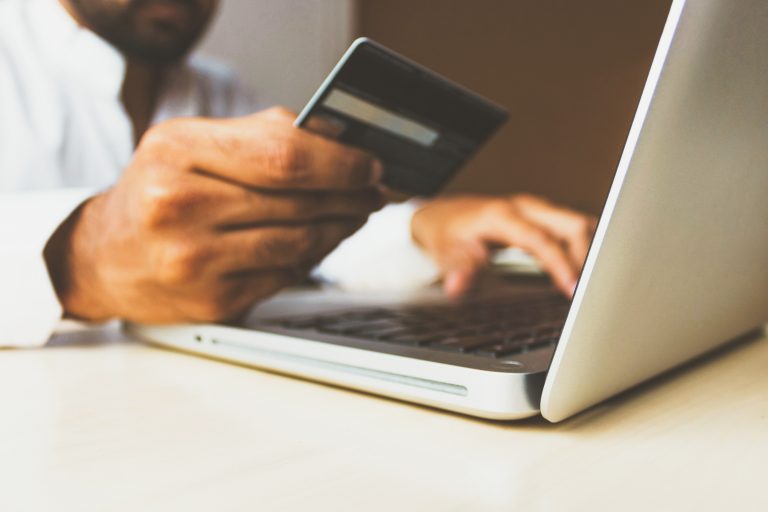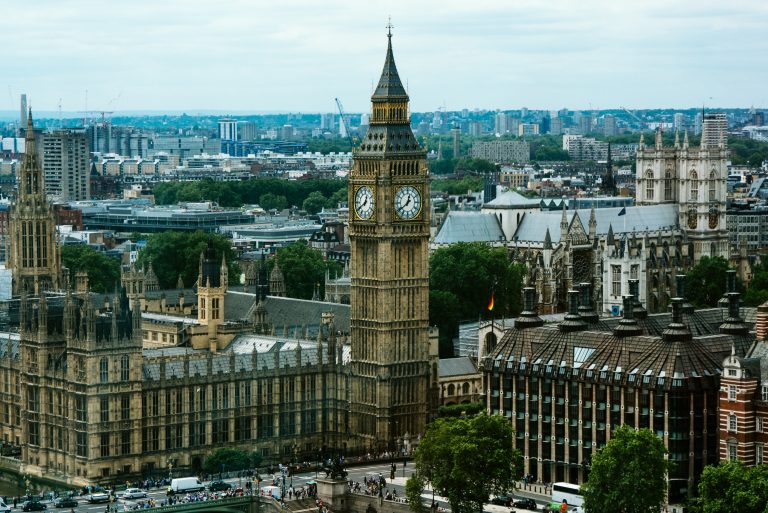The Lipstick Index: What It Can Tell Us About Spending During Times of Economic Turmoil
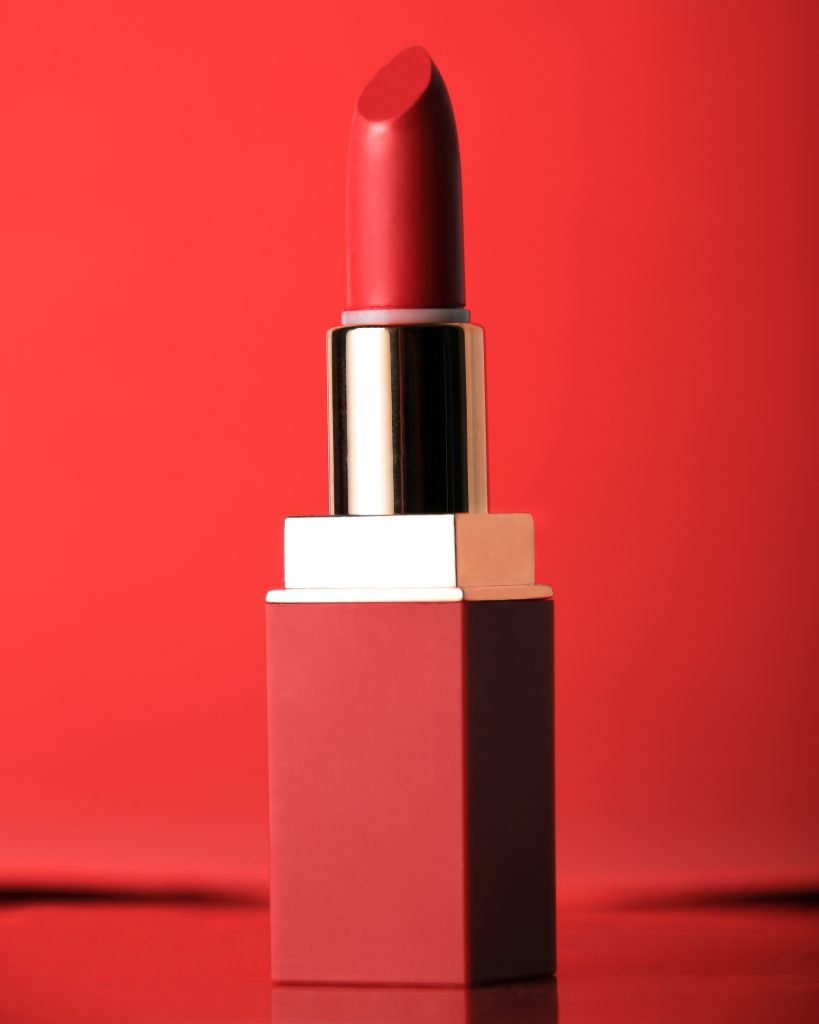
If you’re feeling like your financial life is on the edge of spinning out of control, yet you can’t stop making small impulse purchases, you’re probably not alone. Indeed, with news reels highlighting sky-high inflation, newspapers warning about impending recession, and reporters speculating as to whether the Federal Reserve will raise interest rates yet again, it’s no wonder that many Americans are feeling stressed about their financial futures, even if the job market is still strong. Since the end of pandemic lockdowns, inflation has been rising steadily, and now interest rates as well, creating alarm that the United States could soon, if it hasn’t already, slip into a recession. It’s a situation that is prompting many Americans, either out of either necessity or simply to be in a better financial position, to rethink their spending habits. Data shows that for the time period June 2021-June 2022, spending by people aged 18-37 dropped for restaurants, travel, and for purchases on software and at electronics stores. During the same time, spending at grocery stores and for entertainment rose sharply, and spending on cosmetics soared.
What’s going on? Well, you’ve almost certainly experienced higher prices at grocery stores and for entertainment. These prices reflect rising costs along the supply chain including everything from higher priced fertilizer to the rising fuel prices that make it more expensive to transport goods. But why has spending on cosmetics risen by some 17 percent? One explanation involves the Lipstick Index, a term first used in 2001 by Leonard Lauder, Chairman of global cosmetics giant, Estee Lauder, to explain rising sales during an economic downturn. The Lipstick Index suggests that when economic uncertainty is high, purchasing affordable luxuries like lipstick provides a sense of stability in an otherwise unstable environment. This tendency allows spending in those categories to remain strong, despite cuts in spending in other areas. So, as you navigate the financial complexities of paying for college, rising rents, and skyrocketing prices at the grocery store and gas station, you might find that buying that new lipstick or other affordable luxury product provides some much-needed stress relief in a chaotic world.
Discussion Questions:
1. Have you adjusted your spending habits over the past year? What has changed? Do you spend more on necessities? Have you cut back on items that you don’t really need? Can your spending habits be explained by the Lipstick Index?
2. Discuss rising inflation, buying power, and spending decisions. In a period of rising inflation, does it make sense to purchase big ticket items like a new computer or phone now, rather than waiting until there is less economic turmoil?
3. What role, if any, do you feel the pandemic has had on spending patterns today? Are you optimistic about your financial future? Explain.
Sources| WSJ: I’ve Never Been an Impulse Buyer—Until Now; Washington Post: Our Lipstick Obsession Says a Lot About the Economy; NPR: Pandemic Puts An End To The ‘Lipstick Index’; Unsplash: Red lipstick on red surface

